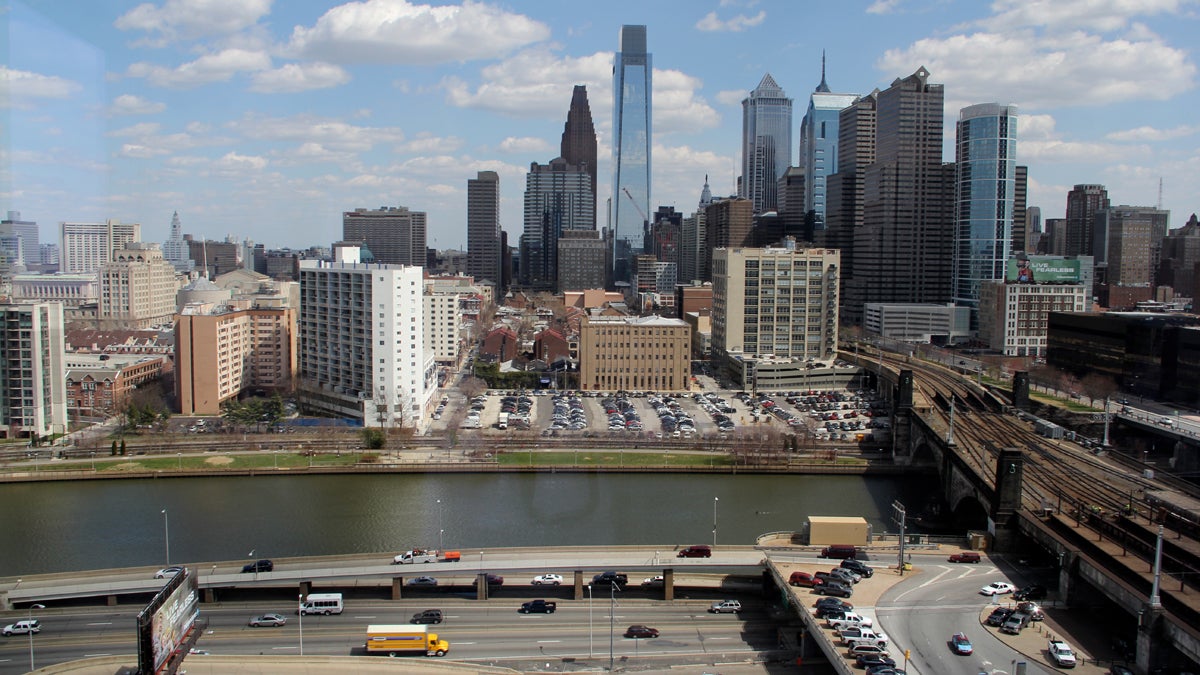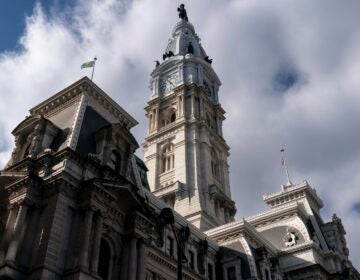Poverty still plaguing Philadelphia, poorest big city in the country
Beyond the boundaries of some of Philadelphia’s most sought-after neighborhoods lies a vastly different reality.

Philadelphia remains the poorest of the country's largest cities. (Emma Lee/WHYY)
New data released by the U.S. Census Bureau shows Philadelphia’s poverty rate didn’t ebb at all last year, remaining roughly 26 percent — where it has stood since 2013.
Other major U.S. cities and the nation in general have remained well below that level, keeping the City of Brotherly Love ranked as the poorest of the country’s 10 major cities.
The news baffles some who see the city’s population rising, the business centers bustling, and development thriving. But beyond the boundaries of some of Philadelphia’s most sought-after neighborhoods lies a vastly different reality.
“It seems to, in some ways, contradict what the common perception of the city of Philadelphia is,” said Ira Goldstein, research director for the Reinvestment Fund, an organization focused on improving low-income neighborhoods.
“Particularly if most of your time in Philadelphia is spent in downtown or University City or some of the neighborhoods [similar to] those areas. But there’s a whole lot of Philadelphia that is not those places,” he said.
The city has instituted long-term campaigns to address systemic barriers that perpetuate the problem. Universal pre-K, the Read by 4th partnership, and criminal justice changes intended to reduce unnecessary arrests address some aspect of poverty.
Goldstein acknowledged the city’s efforts as thoughtful and effective, but he said more immediate solutions are necessary.
“We ultimately need to get more money in people’s pockets,” he said. “And that will be done by preparing them to be in the workforce by making them more able to compete with others and to achieve those higher levels of income.”
Philadelphia is also playing catchup with other high-poverty cities. Baltimore and Chicago, for instance, have experienced a decline in poverty in recent years.
The national average is 13 percent.
WHYY is your source for fact-based, in-depth journalism and information. As a nonprofit organization, we rely on financial support from readers like you. Please give today.





